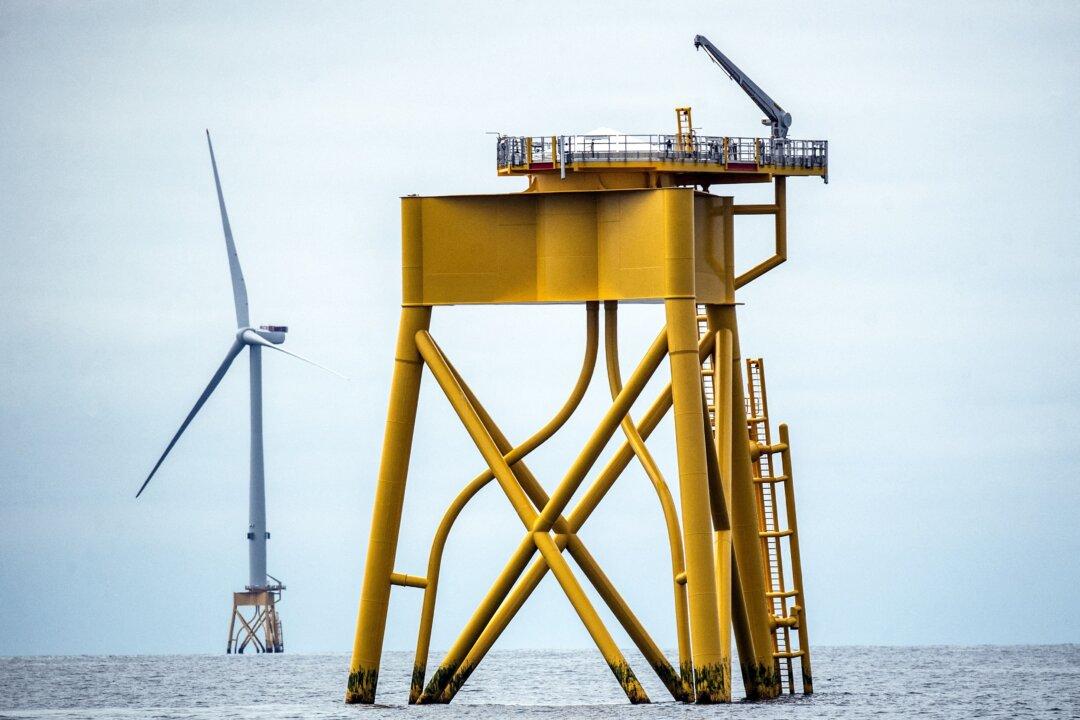The UK is losing “mission critical” supply chain capacity needed to deliver net zero, the Aberdeen and Grampian Chamber of Commerce (AGCC) has warned, highlighting an “alarming exodus” of workers and projects relocating abroad.
The survey found that two-thirds of these firms expect to increase their overseas staffing in the next five years. Many also expect that most of their work will be based abroad by 2030, with this shift possibility beginning as early as 2027–28.
According to the survey, almost half (46 percent) say that staff are already leaving to find work in international regions, triggered by a lack of viable energy projects in the UK, as well as weak domestic confidence. Only 5 percent said that they were losing workers to the renewables industry, which authors said reflected a lack of projects.
The report, published in association with renewables energy group D2Zero and business advisers Johnston Carmichael, said: “Despite the UK’s stated ambition to lead the energy transition, the report shows that activity across renewables, electrification and decarbonisation technologies remains flat.
“Companies warn that the current trajectory could permanently undermine the UK’s ability to deliver net zero using domestic supply chains.”
No Net Zero Without Industrial Base
Russell Borthwick, chief executive of the AGCC, called the survey a “wake-up call for policymakers.”He said: “You cannot deliver net zero by exporting your industrial base. If we continue to erode competitiveness through incoherent energy policy and excessive taxation, we risk offshoring the entire supply chain that is essential to the UK’s future energy system.”
Mark Stewart, head of energy, infrastructure, and sustainability at Johnston Carmichael, said the report reflects what many of their clients are saying. Firms have told Johnston Carmichael that inconsistent and uncertain energy policies now pose a greater threat to investment than global market trends or commodity prices.
He added his company has also noted a growing trend of capital and skilled workers moving overseas, particularly in areas like offshore wind, carbon capture, and other decarbonisation technologies.
Next Generation of Energy Jobs
The warnings from business leaders come after Blackman told fellow MPs in April that the rate of job creation in the renewables market is failing to keep pace with the decline of the oil and gas industry. As a result, experienced North Sea workers may seek opportunities abroad.The SNP MP cautioned that this could lead to a critical skills shortage, which could impact the government’s plans to expand the UK’s renewable energy sector.

In response to the AGCC’s report, a British government spokesperson told The Epoch Times: “The government recognises that oil and gas production in the North Sea will be with us for decades to come and is committed to managing the energy transition in a way that supports jobs in both existing and future industries.
“We have taken rapid steps to deliver the next generation of good jobs for North Sea workers in a fair and orderly transition as part of our Plan for Change—including the biggest investment in offshore wind and two first-of-a-kind carbon capture and storage clusters.”
‘Just Transition’ for Workers
Last week, a report by the Just Transition Commission predicted that without clear plans, job opportunities, and training schemes, Scotland’s communities and the local economy could suffer, as workers struggle to find roles in a post-fossil fuel energy landscape.The Scottish Government told The Epoch Times that workers “are at the heart of Scotland’s just transition to net zero,” and it was working with the energy sector to plan for a multi-skilled workforce which can adapt to different roles as the sector evolves.
“We will continue to work together with organisations and workers across the region to ensure people and the communities they live in continue to thrive,” the Scottish Government said.







